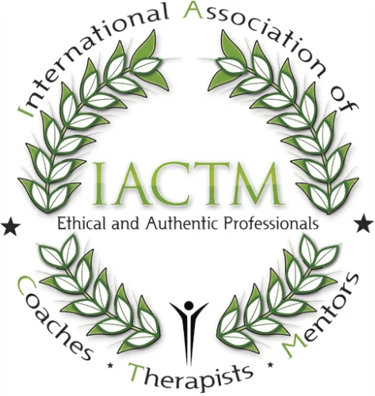How Life Experiences Shape the Brain: The Power of Epigenetics
life experiences can actually turn genes on or off, influencing how the brain develops and how we respond to stress, emotions, and even mental health challenges.
Daniela M. & Nadine G. for Mentalis Academy
3/16/20253 min read


For years, scientists have debated whether our genes or our environment have a greater impact on our development. Today, research into epigenetics is changing the way we understand this relationship, revealing that life experiences can actually turn genes on or off, influencing how the brain develops and how we respond to stress, emotions, and even mental health challenges.
At Mentalis Academy, we explore the ways in which neuroscience, psychology, and holistic wellness intersect. The study of epigenetics helps us understand why early experiences matter and how we can actively shape our well-being through lifestyle choices, therapeutic interventions, and mindful practices.
What Is Epigenetics and Why Does It Matter?
Epigenetics is the study of how the environment and life experiences can influence the way our genes work—without changing the actual DNA sequence. Think of it like a dimmer switch for genes: while the genetic code remains the same, certain experiences can either increase or decrease how active certain genes are.
For example, research led by Dr. Michael Meaney has shown that early nurturing experiences—such as caregiving, social interactions, and stress levels in childhood—can leave a biological imprint on the brain. These changes influence how resilient we become to stress later in life, affecting emotional regulation, cognitive development, and even mental health conditions like anxiety and depression.
The Connection Between Epigenetics and Mental Well-Being
Understanding the impact of life experiences on brain development opens the door to more effective strategies for building resilience and managing mental health. This perspective supports a holistic approach to mental wellness—one that combines neuroscience with therapeutic and lifestyle interventions to improve overall well-being.
Here are some key ways epigenetics relates to mental health:
Early Life Experiences Matter – Children raised in nurturing, emotionally supportive environments tend to develop stronger resilience to stress, while adverse childhood experiences (ACEs) can increase susceptibility to mental health challenges.
Mindfulness and Stress Reduction Can Rewire the Brain – Practices like meditation, breathwork, and mindfulness have been shown to positively influence gene expression related to stress and inflammation.
Nutrition and Lifestyle Choices Impact Brain Function – Research suggests that diet, exercise, and sleep patterns can affect epigenetic markers that regulate brain health and mood stability.
Therapeutic Interventions Can Promote Healing – Trauma-informed therapy, somatic practices, and nature-based therapies (such as our Nature Therapy Course) provide tools to shift epigenetic expression and foster emotional resilience.
How Mentalis Academy Integrates Epigenetics into Our Programs
At Mentalis Academy, we recognize that mental health and personal growth are shaped by both biology and environment. Our courses explore the science behind how the brain adapts to experiences and provide practical strategies to harness these insights for personal and professional development.
Some of the ways our courses incorporate epigenetic principles include:
Mindfulness and Emotional Regulation – Teaching how stress management techniques can reduce negative epigenetic impacts and improve mental health.
Nature Therapy and Somatic Practices – Exploring how interaction with nature and movement-based therapies can positively influence mental and emotional well-being.
Neuroscience of Trauma and Healing – Understanding how trauma impacts gene expression and learning evidence-based interventions to support healing and resilience.
Practical Steps to Apply Epigenetics in Daily Life
Since epigenetics is influenced by the environment, we can take action to positively shape our mental and physical health. Here are a few simple ways to start:
✅ Prioritize Stress Reduction – Engage in meditation, yoga, or breathing exercises to regulate stress response genes.
✅ Maintain Strong Social Connections – Positive relationships and emotional support can buffer against negative epigenetic changes.
✅ Get Outside and Move – Exposure to nature and physical activity can reduce inflammation and improve mental health.
✅ Eat Nutrient-Rich Foods – A balanced diet with omega-3s, antioxidants, and vitamins supports brain function and well-being.
✅ Engage in Therapeutic Practices – Whether through traditional talk therapy, somatic experiences, or equine-assisted workshops, healing environments promote positive brain adaptation.
Shaping a Resilient Future
The exciting field of epigenetics reveals that we are not simply products of our genes—we have the power to influence our mental and physical health through our daily choices and experiences. At Mentalis Academy, we are committed to providing the knowledge and tools to help individuals take charge of their well-being, using science-backed strategies to promote resilience, healing, and personal growth.
Mentalis Academy
ELEVATE YOUR MIND
Contact
Information
info@mentalisacademy.com
© 2024. All rights reserved.
1-800- 768-0028
Trusted. Recognized. Respected. Certified by:






